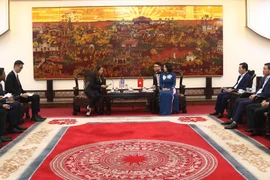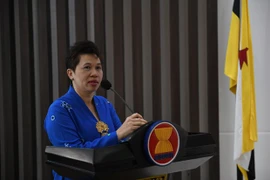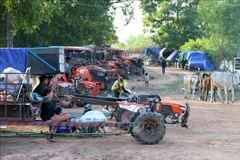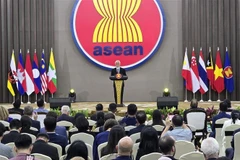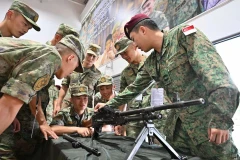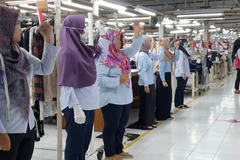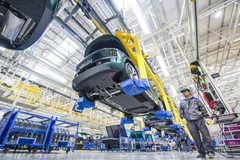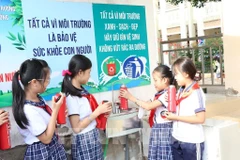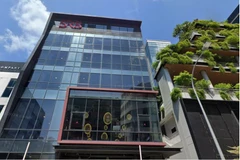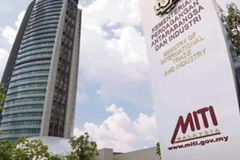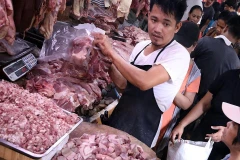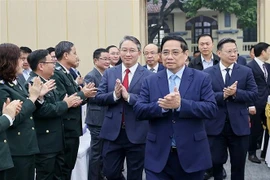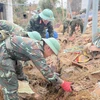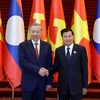According to Kuala Lumpur City Hall (DBKL)’s announcement onthe criteria for liquor licence applications, existing sundry shops,convenience stores and Chinese medicine shops that sell hard liquor can onlyrenew their liquor licence until September 30 next year.
Premises and activities that allow liquor sale includerestaurants, pubs, bars, hotels, commercial complexes, warehouses,supermarkets, hypermarkets as well as promotional activities that serve liquor.
However, pure or mixed liquor products in traditionalmedicine will be exempt from this ruling and beer still allowed to be sold atthese premises from 7am to 9pm and the beers must be placed separately fromother beverages.
Pubs, bars, lounges and restaurants can sell liquor from10am until midnight while additional application to extend the sale of liquoruntil 2am can be made based on the allowed entertainment hours of the premisesor the approved time limit for premises at entertainment zones.
Business premises that sell liquor also cannot be in frontof police stations, places of worship, schools and hospitals, according to theannouncement./.


